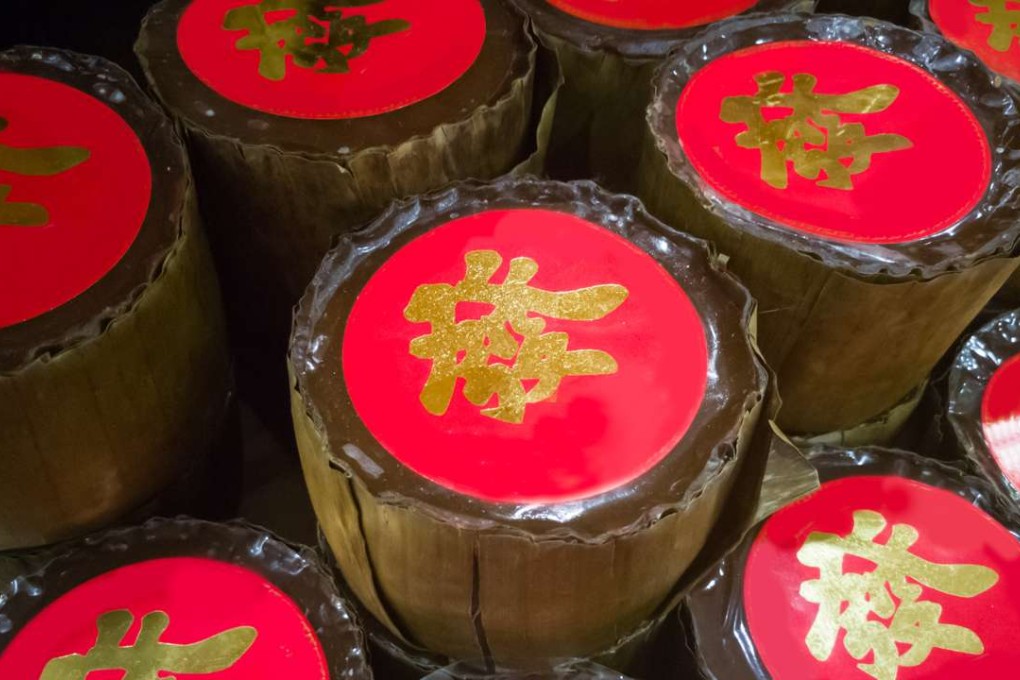Language Matters | How language dictates the menu at our Lunar New Year feasts

Language plays a symbolic role in the feasting that accompanies Lunar New Year.
At numerous family meals – tyìn nìn faahn 團年飯, “reunion meal (on the Eve)”, and hoī nìn faahn 開年飯, “start of New Year (family) meal” – an even number of dishes are served, baat, “eight”, being the most auspicious as a near homophone – words with different forms but the same pronunciation – with faat,“to become wealthy”. The most Cantonese of dishes combines faat chòi, “black/hair moss”, sounding like faat chòi, “to become rich” (the latter found in the New Year greeting gūng héi faat chòi), with hòu sí, “dried oysters”, resembling hóu síh, “good business”, or hóu sih, “good things”. Another popular dish is filled tong yún , “glutinous rice balls”, homophonous with tyùn yùn, “to be reunited”.
Then there is the well-known circular sweet or savoury steamed nìn gōu, “sticky cake”, made of glutinous rice flour: while, as an offering to the Kitchen God, its consistency guarantees only that he reports well on the family to the Jade Emperor, its name alludes to nìn nìn gōu s ī ng, “to improve year on year”.

People expecting visitors to their home during the festivities prepare an ornate lacquer box with multiple compartments containing sweet snacks, each with a symbolic meaning, from increased fertility to stronger family ties. This is chyùn haahp, “a box for keeping or preserving”; with chyùn, “save, keep”, homophonous with the word for “complete”, many think of this as a “complete box”, signifying harmony and unity.
